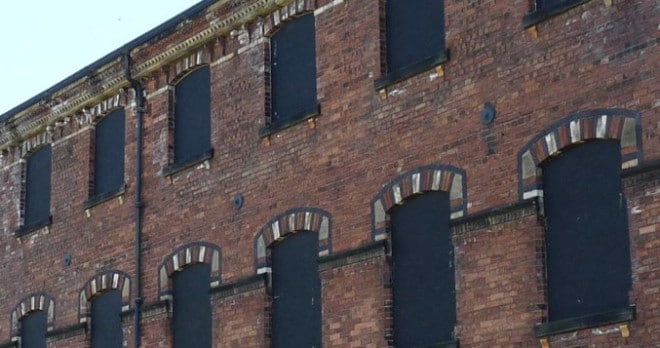Can a squatter become a legal owner?

Photo credit: Mark Hadley https://www.flickr.com/photos/markhadley
Imagine this scenario: a squatter occupies someone else’s residential premises, i.e. commits a criminal offence. And yet, if that same squatter occupied these same premises for long enough, he can become their owner. Does that seem right to you? No, not to me either. Yet that is precisely the case.
The law
Since 1 September 2012, when the Legal Aid Sentencing and Punishment of Offenders Act 2012 (LASPO) came into force, anyone squatting (that is anyone living in a residential property who knows or ought to have known that they are trespassing i.e. that they are not there with the owner’s consent) has been and is continuing to commit a criminal offence under Section 144 of LASPO.
The English law has long had this general and fundamental principle of public policy: a person committing a crime should not be entitled to take advantage of his own crime to create rights to which a court should give effect.
The case
Mr Best was a squatter; that is, in 1997 he moved into a residential property that he knew – or ought to have known – was not his. He lived there until 2012 without anyone trying to make him move out, and so in 2012, he decided to make the property legally his. After all, he had been living in the property for well over 10 years, which was the period he required for adverse possession, a process whereby Mr Best would become the owner simply because he had been using the property as his own for a sufficient period of time.
Mr Best made an application for adverse possession, which was in December 2012 refused by the Chief Land Registrar.
Mr Best responded by starting Judicial Review proceedings challenging that decision: Best v The Chief Registrar [2014] EWHC1370.
The High Court ruled that Section 144 (1) of LASPO does not affect the law on acquiring title by adverse possession. Therefore, if the requirements of Schedule 6 of the Land Registration Act 2002 are met, possession should be granted, whether or not the person in possession was committing a criminal offence. Mr Best became the property’s legal owner.
Is this right?
Can the High Court’s decision be right? It goes directly against the general proposition of English law derived from public policy: Mr Best benefitted from his criminal act of squatting. I cannot see how these two wrongs make a right.
However, as both the background to the Land Registration Act 2002 and LASPO itself were silent on the issue, the Court considered that the purpose of Section 144 was not to “throw a spanner into the delicate workings of the 2002 Act, with random effects on the operation of adverse possession, all without a backwards glance”. The Section was simply designed to provide the dispossessed owners with a swifter and more forceful mechanism to help deal with the distressing, pressing and costly circumstances squatters create for them.
Criminalisation does help landowners, but unfortunately this decision does not where the squatter has been in situ for a long period of time without challenge.
The Court has granted permission to appeal and we shall have to wait and see whether that happens.
Dealing with squatters
However for now, the advice remains that owners of unoccupied residential property should keep their empty properties under regular surveillance, and if squatters move in, take swift action by reporting the situation to the Police and removing them.
It should be remembered that the criminal sanctions only apply to squatters of residential, not commercial properties.
Our Property Disputes team are experienced in dealing with squatters both in residential and commercial properties. If you have a problem with these ‘unwelcome guests’ they can help you with advice from the outset as to how to deal with the squatters, both in practical terms and as to the process that should be followed. Call 0800 923 2070 or email [email protected] to contact the team.